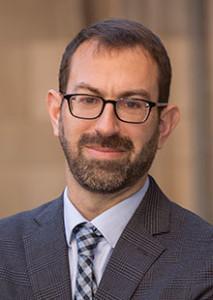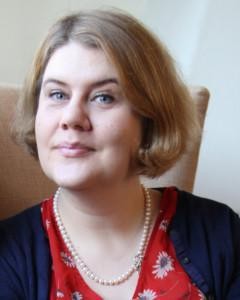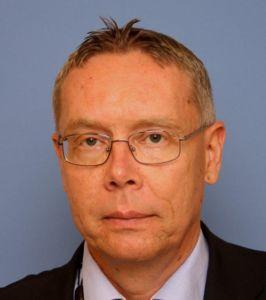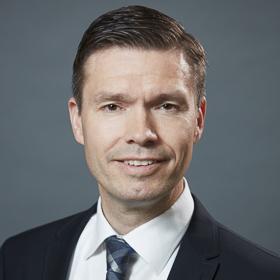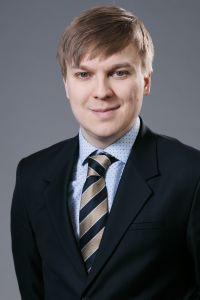The attacks of 11 September 2001 shook the world, left an irreparable mark in the American body politic, and permanently wounded the superpower’s sense of security. The United States has since been in a state of perpetual battle against its terrorist adversaries in faraway lands. However, spurred by the development of precision weapons and the imperative of maintaining the US’ image as a liberal superpower, this war has been less bloody than wars past, has involved less American casualties, and has become effectively separated from American and other Western societies. War has, in a word, become more “humane”, but in the process it has also become a constant element of the modern condition. In this FIIA Seminar drawing on his latest book, Professor Samuel Moyn will address the difficult and pertinent ethical questions regarding the use of force in this age of ”humane” war, against the backdrop of the two-decades-long battle against global terrorism.
You can listen to the seminar with this audio recording:

